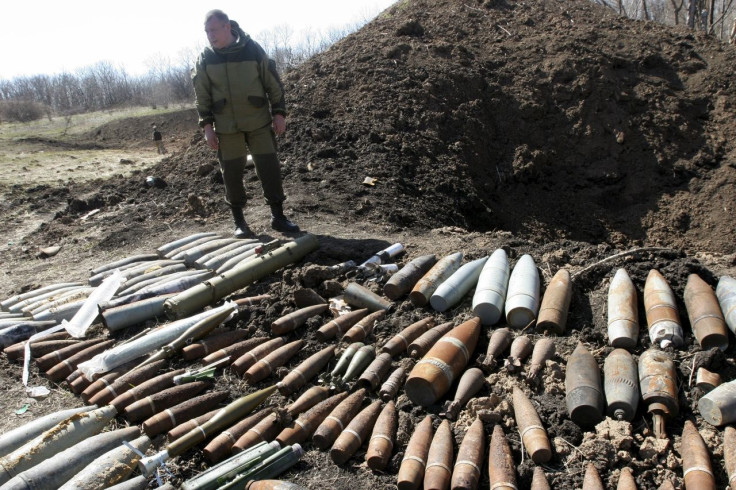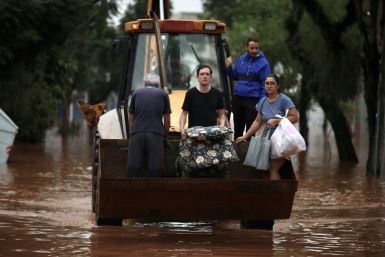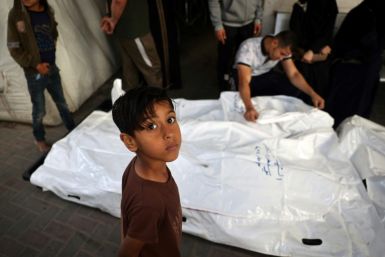Mounting Tensions With Russia Prompt US Troops In Europe Request For Bigger 30mm Guns

The United States’ House Armed Services Committee has reportedly started allocating funds to heed the request of the country’s 2nd Cavalry Regiment stationed in Europe. The request for bigger guns is an allusion to the mounting tensions with Russia. The U.S. Army reportedly pushed for the approval.
A report by military news website Breaking Defense states the cavalry had requested an upgrade on its eight-wheel-drive Strykers infantry carrier vehicles. Specifically, the American combat unit wants 81 of those vehicles fitted with 30 millimetre automatic cannon, which the website said is over twice the calibre of the 12.7 mm machineguns the vehicles currently have. It’s a bigger weapon compared to what the much heavier M2 Bradley infantry carrier has, which is just a 25 mm chaingun.
The 30 mm, the military news website added, will give the U.S. Strykers “significant killing power against other light armoured vehicles,” notably versus Russian BMPs, among others. It explained the regiment wants the upgraded 30 mm automatic cannon weapons because it could serve as the Army’s frontline force in Europe, moreso that the U.S. Army no longer has heavy tank forces permanently stationed in Europe.
On Thursday, Jens Stoltenberg, NATO Secretary-General, accused Russia of military buildup on the border with Ukraine. He alleged Russia’s flooding the rebels with needed supplies, despite a ceasefire signed in Feb 2015, as well as proving advanced training and equipment like drones. Specifically, Stoltenberg said over 1,000 pieces of Russian military equipment, including tanks, artillery and air defence units, were found to have been moved over the past month.
But the ceasefire agreement, according to U.S. political analyst Jim W. Dean, isn’t being violated by Russia, but by Ukraine. He said “virtually all of the shooting violations were on Kiev’s side.”
To report problems or to leave feedback about this article, email: e.misa@ibtimes.com.au.






